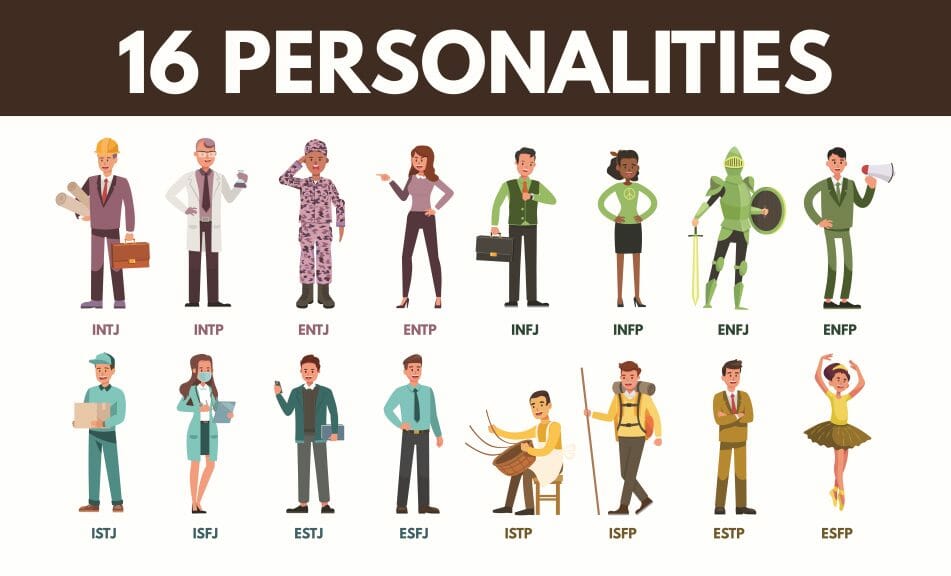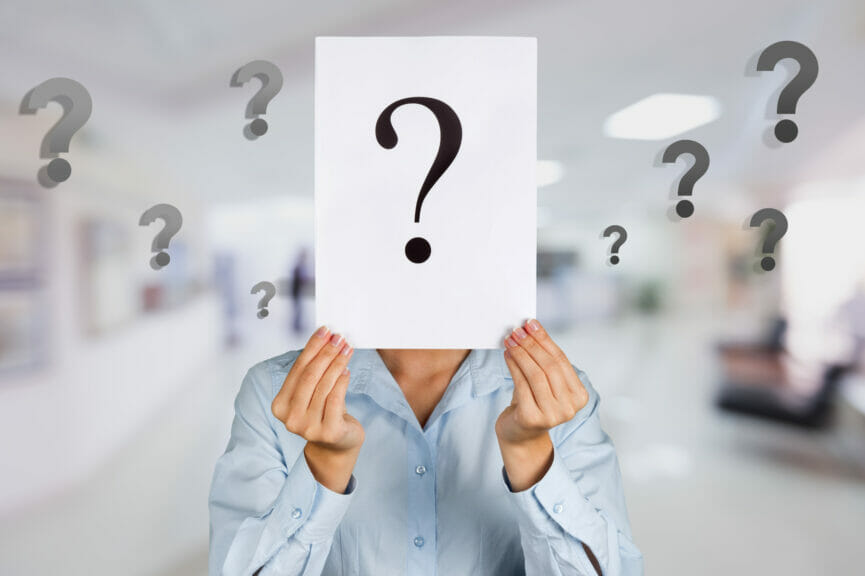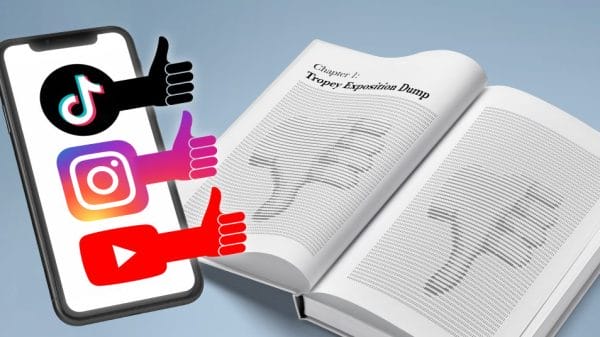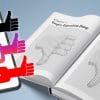When a quiz tells you which Stranger Things character you are based on your bubble tea order, it’s clear that it’s not grounded in reality. Yet, even the Myers-Briggs Type Indicator (MBTI), the world’s most well-known personality test, has “been dismissed by the scientific community as unreliable”. For most of us, this inaccuracy is of little consequence, but imagine if an employer was deciding whether or not to hire you based on your result.
Why Are We Drawn To These Quizzes?
We all love hearing about ourselves, and thanks to the popularity of online personality quizzes, we easily can. Even if BuzzFeed has only asked you about your dessert preferences, it will still dish out a compliment at the end of the quiz that feels strangely personal. As Summer Anne Burton, one of BuzzFeed’s editors, explains about the quizzes: “You sort of write them like horoscopes, with tidbits people can relate to.”
While “narcissism, existential searching, and boredom” might contribute to our obsession with these quizzes, there is likely a deeper reason.
As Paul Bisceglio writes, a personality quiz “doesn’t show you as you really are, but rather helps you articulate who you know yourself to be.”
Rather than unveiling some hidden truth about who we are, these quizzes give us better language for summarizing ourselves. Even when the quiz result doesn’t perfectly match our self-image, confirmation bias sustains our belief in its validity.
“The reason people believe that personality assessments ‘work’ is the same reason people think horoscopes work. When we believe in the validity of some instrument that claims to give us insight into ourselves, we instinctively look for evidence to confirm that insight.”
Michael Timms
When these quizzes aren’t taken too seriously, there is little harm in individual use. The real danger is “when they’re used to make decisions by other people affecting someone’s life”.
Personality Testing in the Workplace
Personality tests have been used for “scanning and sorting employees in industrial workplaces” since the first half of the 20th century. Today, with “our work interactions being mediated so much through technology”, the use of these assessments is becoming commonplace. Like most tests, they are generally discriminatory, creating another barrier for underrepresented groups in career mobility.
“Personality tests are by and large constructed to be ableist, to be racist, to be sexist, and to be classist. That’s what happens when you have a test… based on norms devised from college-educated straight white men with no known disabilities.”
Lydia XZ Brown, disability justice advocate
In particular, these tests can unfairly prevent candidates with mental health conditions from moving along in the hiring process. An AI assessment might deem a candidate unsuitable even if they have “individual strategies for management, and if the organization they are applying to has strong mental health supports in place”. Kyle Behm, diagnosed with bipolar disorder, has experienced this first-hand.
“I was taken aback because I’ve worked in customer service before and one of the things I’ve learned is to completely separate your personal feelings from the job. It’s not fair that by answering honestly about things that were related to my mental health I was excluded from work. In my head, I’m thinking, There’s no way this can be legal.”
The problem with personality tests is that they assume we have fixed personality traits. In reality, human behavior is context-based, which makes it impossible for a test to “predict how a person will perform in a specific role”.

What Is Personality?
Although the MBTI has no basis in clinical psychology, more than 2 million people take it annually. If these same people were to retake it one month later, 50 percent would be assigned a different personality type. While reflecting the unreliability of such quizzes, these inconsistent results also reveal a truth about personality.
Research increasingly suggests that personality shifts during critical periods of our lives, such as our school years. While certain aspects of a person’s behavior may remain relatively stable throughout their life, “others are malleable, molded by our upbringing, life experiences, and age”.
According to the American Psychological Association, personality refers to “individual differences in characteristic patterns of thinking, feeling and behaving”. It’s about patterns in behavior, which can change over time, not fixed traits.
Even the most common characteristics used to classify quiz takers have shifting definitions. For example, when Carl Jung first popularized the terms “introvert” and “extrovert”, these were his definitions:
Introvert: someone who sticks to their principles regardless of the situation
Extrovert: someone who molds their self according to the circumstance
Later, introversion became synonymous with shyness, and outgoing people were considered extroverts. Today, most people understand an introvert to be someone who replenishes their energy by spending time alone. An extrovert, then, is someone who finds social interaction restorative. In reality, most of us are a mix of the two, or an “ambivert”.
While these labels can be helpful or empowering in some instances, experts advise against identifying too closely with them. After all, we are complex, ever-changing beings. The most a personality quiz can do is reflect an aspect of who we are or who we think we are now. Now, excuse me while I contemplate why BuzzFeed says I’m Dustin Henderson.














